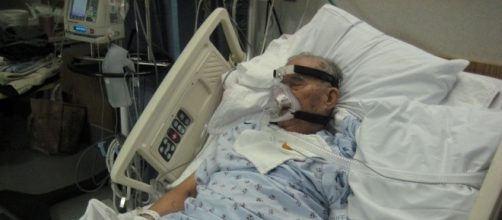Zombie is a rather sensational word to use when looking at legitimate medical research but semantically speaking it really hits the nail on the head. On the 11th of November, The Indian Council of Medical Research (ICMR) removed the experimental ReAnima program from India’s clinical trial registry, essentially imposing a ban on the research, whether short-term or a long-term ban is yet to be seen.
Zombie researcher in chief
Orthopedic surgeon Himanshu Bansal plans to use stem cell and other injections combined with laser brain stimulation and mild electrical shocks in an attempt to bring brain-dead patients to at least a “minimally conscious state.” No Frankenstein - Dr.
Bansal's proposed experiment is just extending existing treatments which have improved cognition in people with traumatic brain injury. In addition to the use of mesenchymal stem cells and peptides in the 20 patients, the tests use pulses of infrared laser light on the brain and stimulation of a nerve which runs from the arm to the neck.
Zombie ethics
Although his claims are controversial, there are documented records of people with minimal brain activity later becoming fully conscious. Obviously, the experimenters hope that bringing a brain dead patient back to one with limited brain activity could eventually lead to full consciousness. One complaint among medical ethicists is that the proposed experiments were not backed up by any previous animal trials.
Another ethical stumbling block is just what effect this could have on presumably already traumatized family members. When asked about the eventual fate of re-animated brain dead patients, the doctor initially said they had no plans for that eventuality, but he has since established insurance policies which would cover long-term care if the patient did not recover fully.
Asked about the consequences of being dropped from the clinical trials list which caused the Drug Controller General of India to immediately stop the tests, Dr. Bansal said he would continue with his research, perhaps taking it to another country, a fate familiar to U.S. scientists who have to leave the U.S. for certain stem cell research.
In related news, it was discovered earlier this year that a simple PET scan could provide vital information on whether a coma patient was likely to ever wake up - of critical concern to doctors and families who have to decide between continuing maintenance and “pulling the plug.” PET scans using the fluorodeoxyglucose (FDG) tracer detects glucose uptake and the activity in brain cells.

